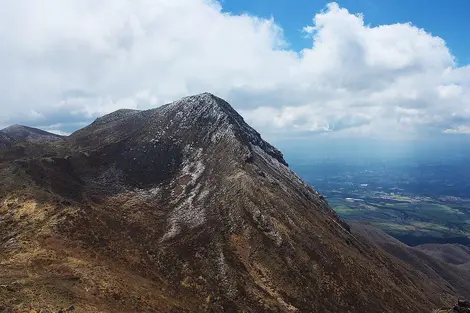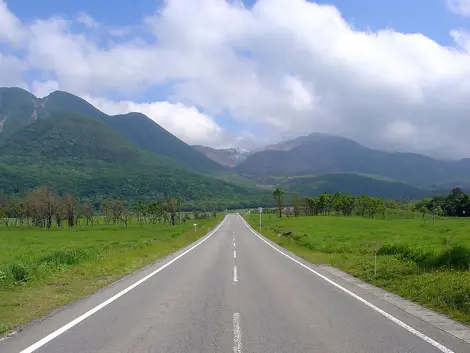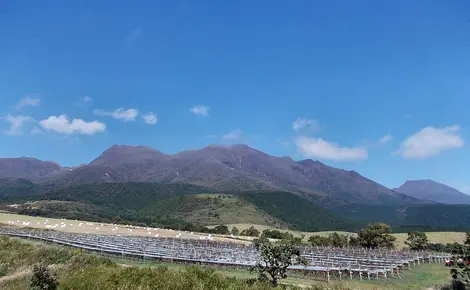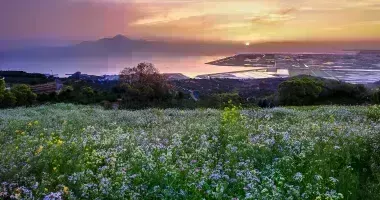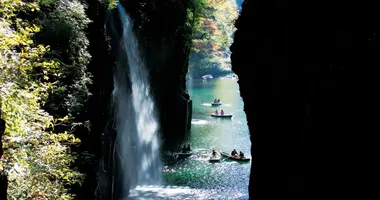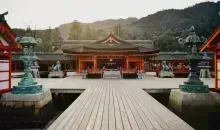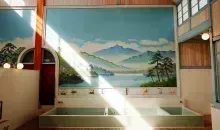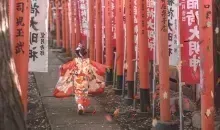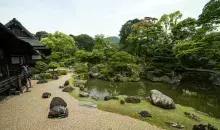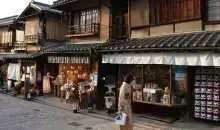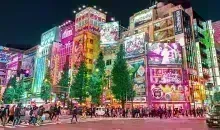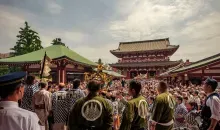The Kuju Mountains 九重山
Walking amongst volcanoes
Located in Aso-Kuju National Park in Oita Prefecture, Kyushu, the Kuju Mountain Range is one of Japan's "100 Famous Mountains".
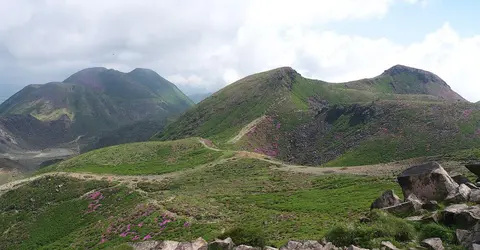
Mount Naka and Mount Mimata of the Kuju mountain range in Oita
The Kuju Mountains are crossed by many hiking trails, from which you have magnificent views of the volcanic landscape. The place is particularly busy in May, with visitors coming to see its azalea beds, and from late October to mid-November, when the mountains are tinged with vibrant autumn colors. From December to March, they are white with snow.
Walk through mountains
The Kuju mountain range is made up of five mountains, all more than 1,700 meters in height. The Kuju, Nakadake and Hossho mountains are the most famous. Mount Kuju, 1786 meters high, is an active volcano that last erupted in November 1995. Nakadake, at 1,791 meters high, is the highest mountain in Kyushu. As for mount Hossho , the fumaroles with steam escaping from its sides give it an eerie aspect.
Read : Hiking on the 5 peaks of Mt Aso
The mountain chain is located along the Yamanami Highway on the Trans Kyushu Road, an impressive road that connects the city of Kumamoto in the west to that of Beppu in the east. The two main hiking trails start from Makinoto Pass (Makinoto-toge in Japanese) and Chojabaru Visitor Center, both along the Yamanami Highway. The Makinoto Pass, located at a higher altitude, is the closest point to the peaks while Chojabaru Visitor Center serves as a tourist office and provides extensive information about the area.
Volcanic landscape
A tour of the main peaks is easily done and only takes between 4 to 6 hours. Volcanic lakes add to the pleasure of the trip, and visitors often enjoy picnics along their shores. For those uninterested in mountaineering and who only want to go for a nice walk in the mountains, there are lots of small hiking trails from the Chojabaru Visitor Center. Nearby, a swampy area has been converted into a promenade. A two and a half kilometer circuit lets you walk leisurely while enjoying the view of the mountains.
And as an added bonus, this volcanic region is dotted with onsen (natural hot springs). At the foot of the mountains, some ryokan (traditional inns) and hotels allow visitors to enjoy their baths, even if they aren't customers (for a fee).
See : The spa town of Yufuin



